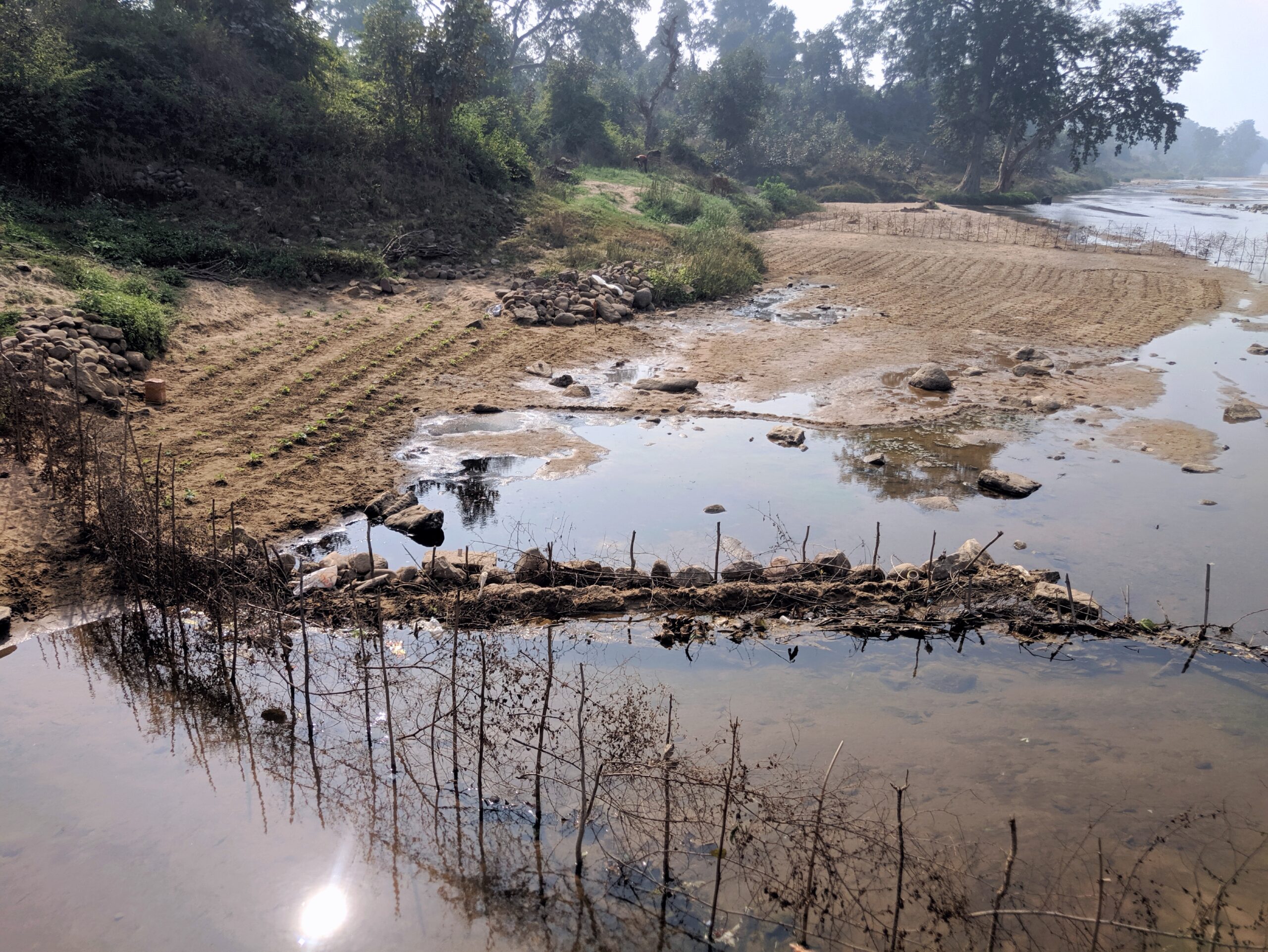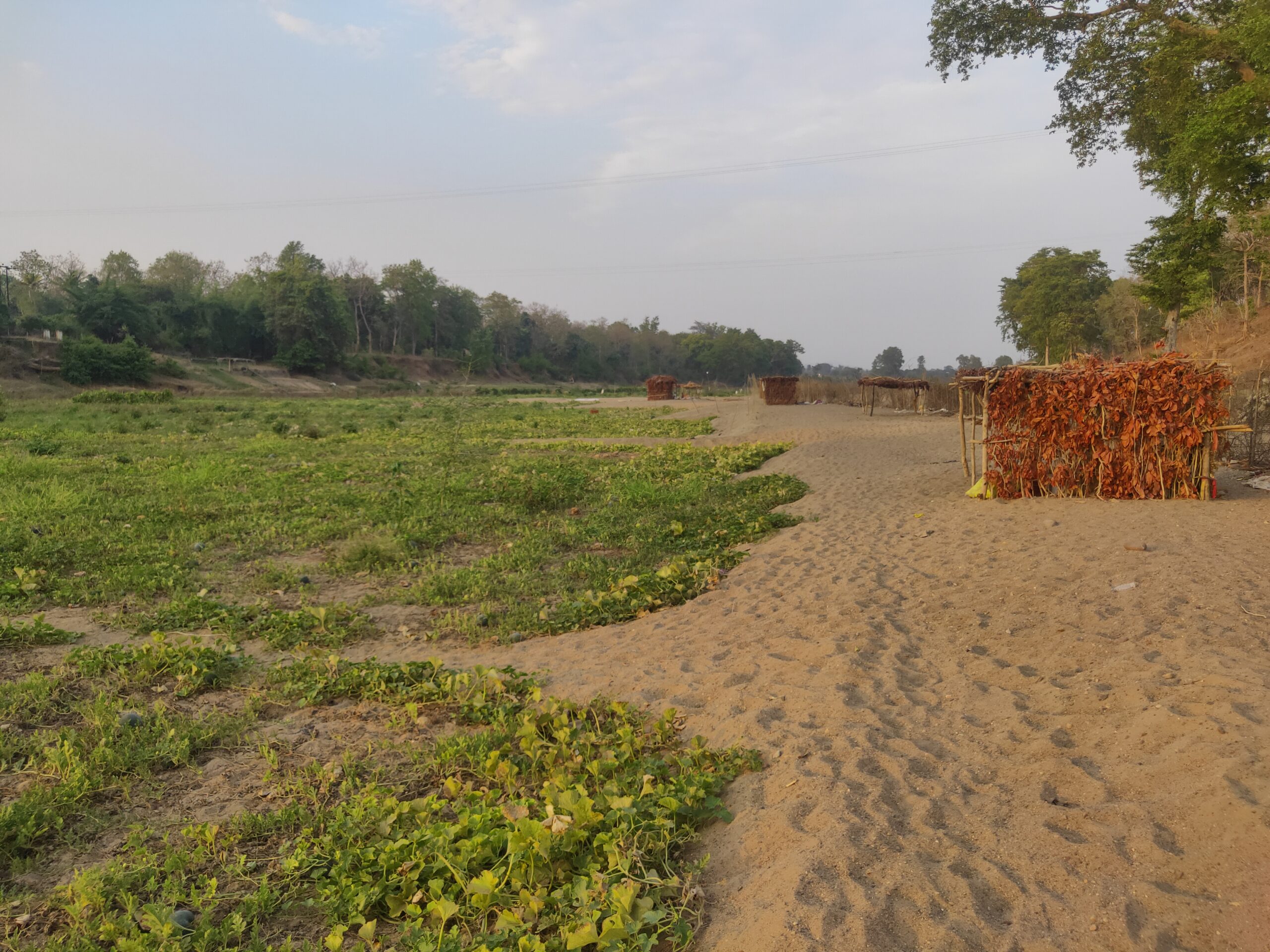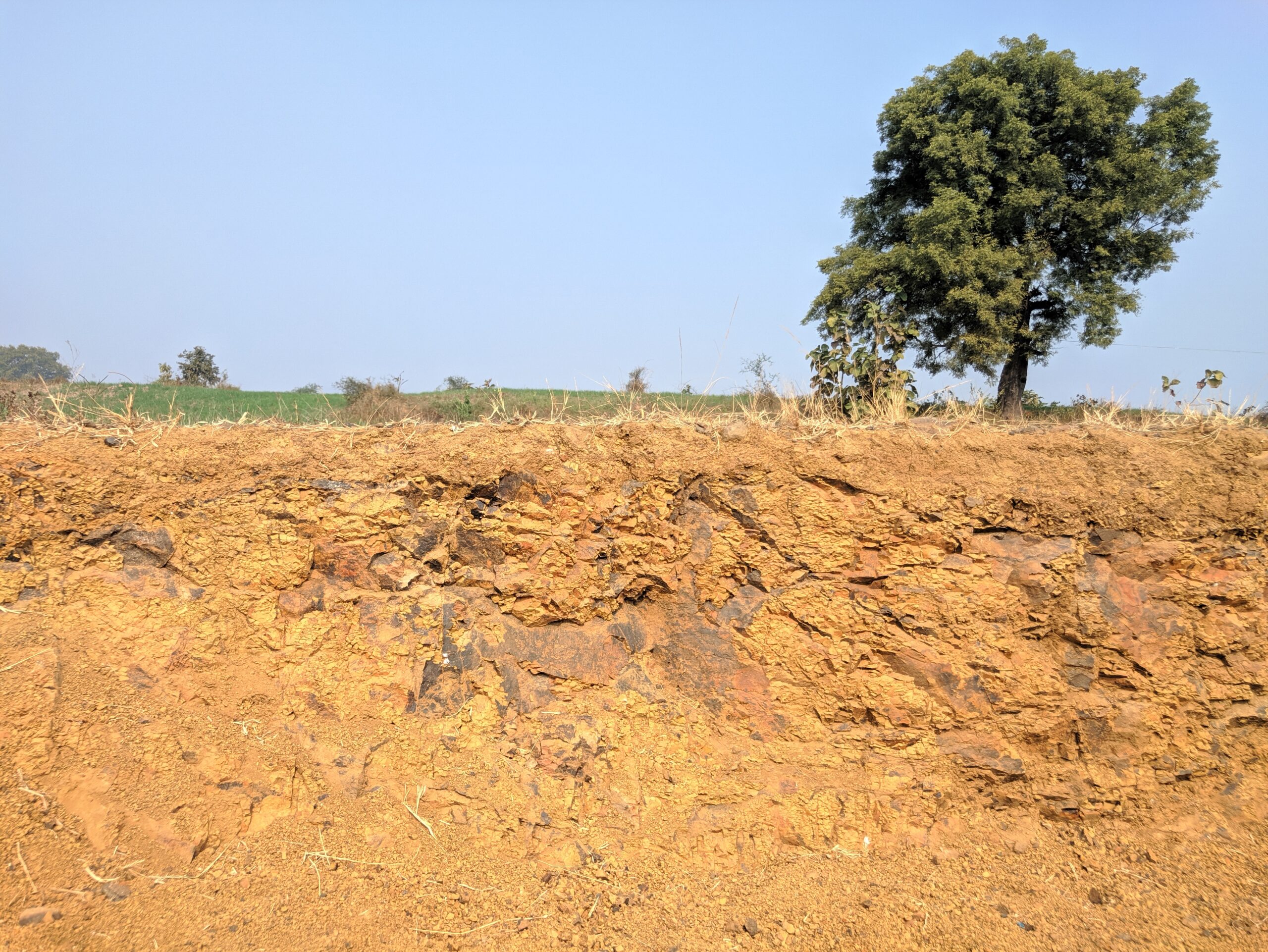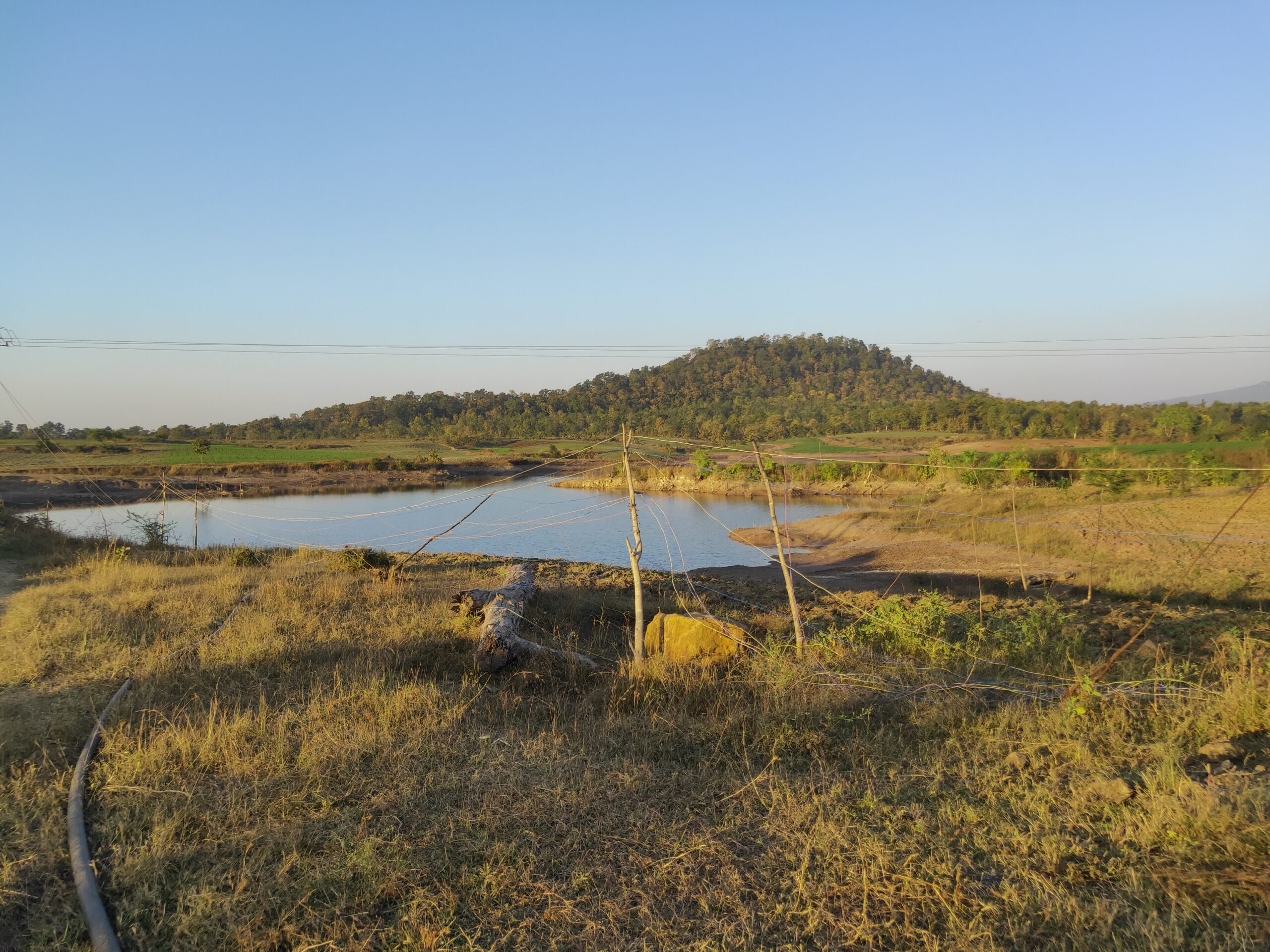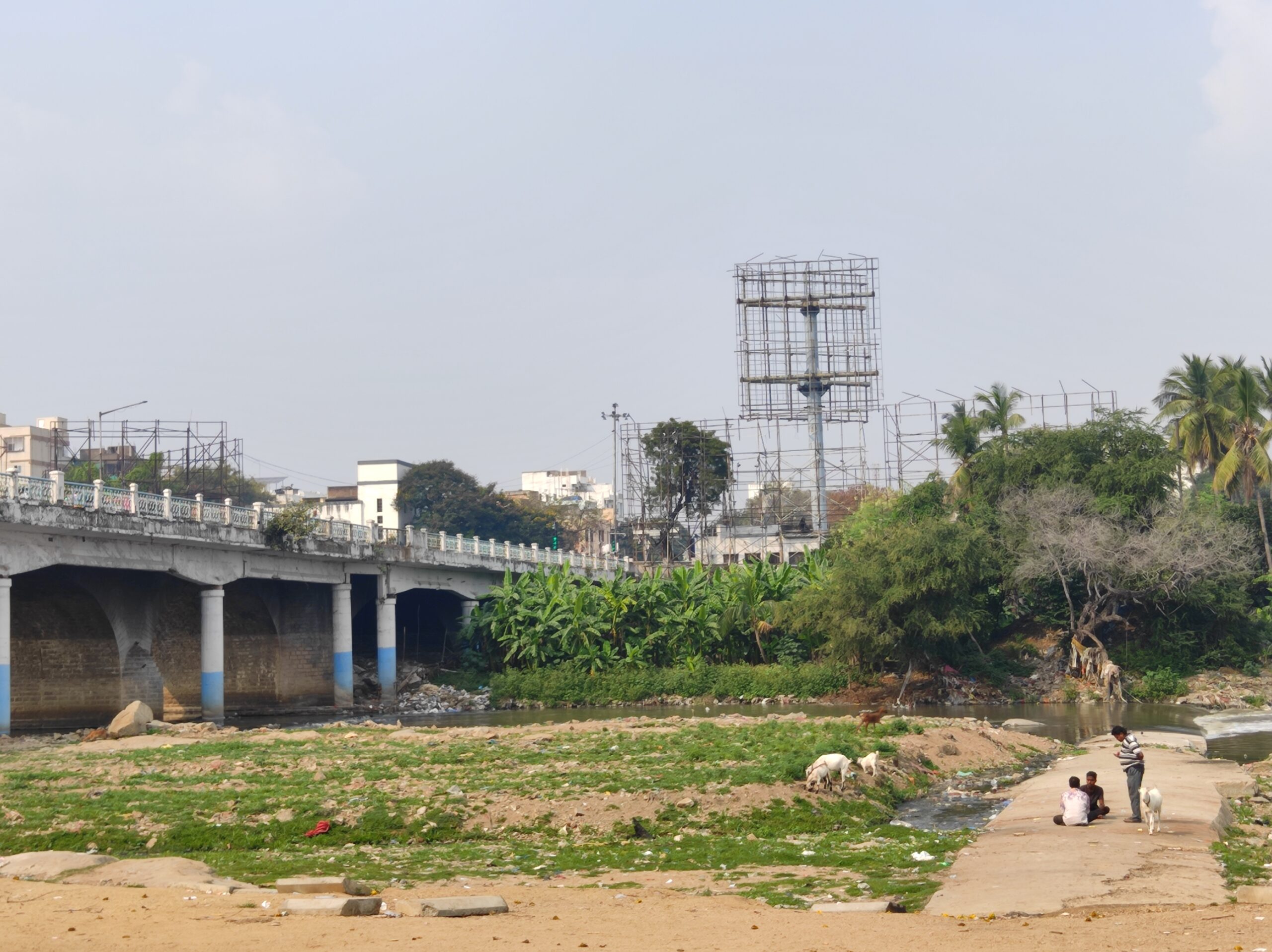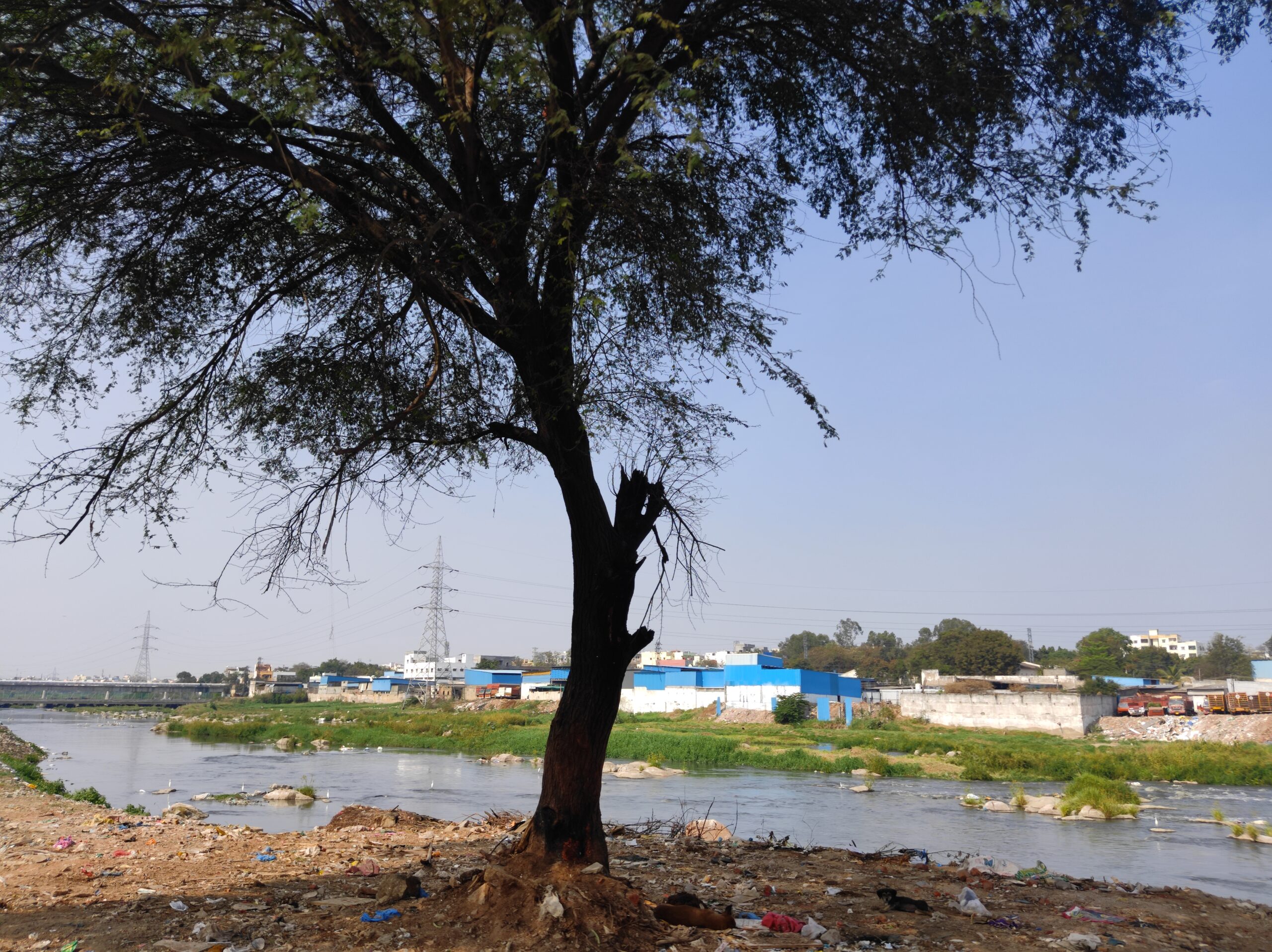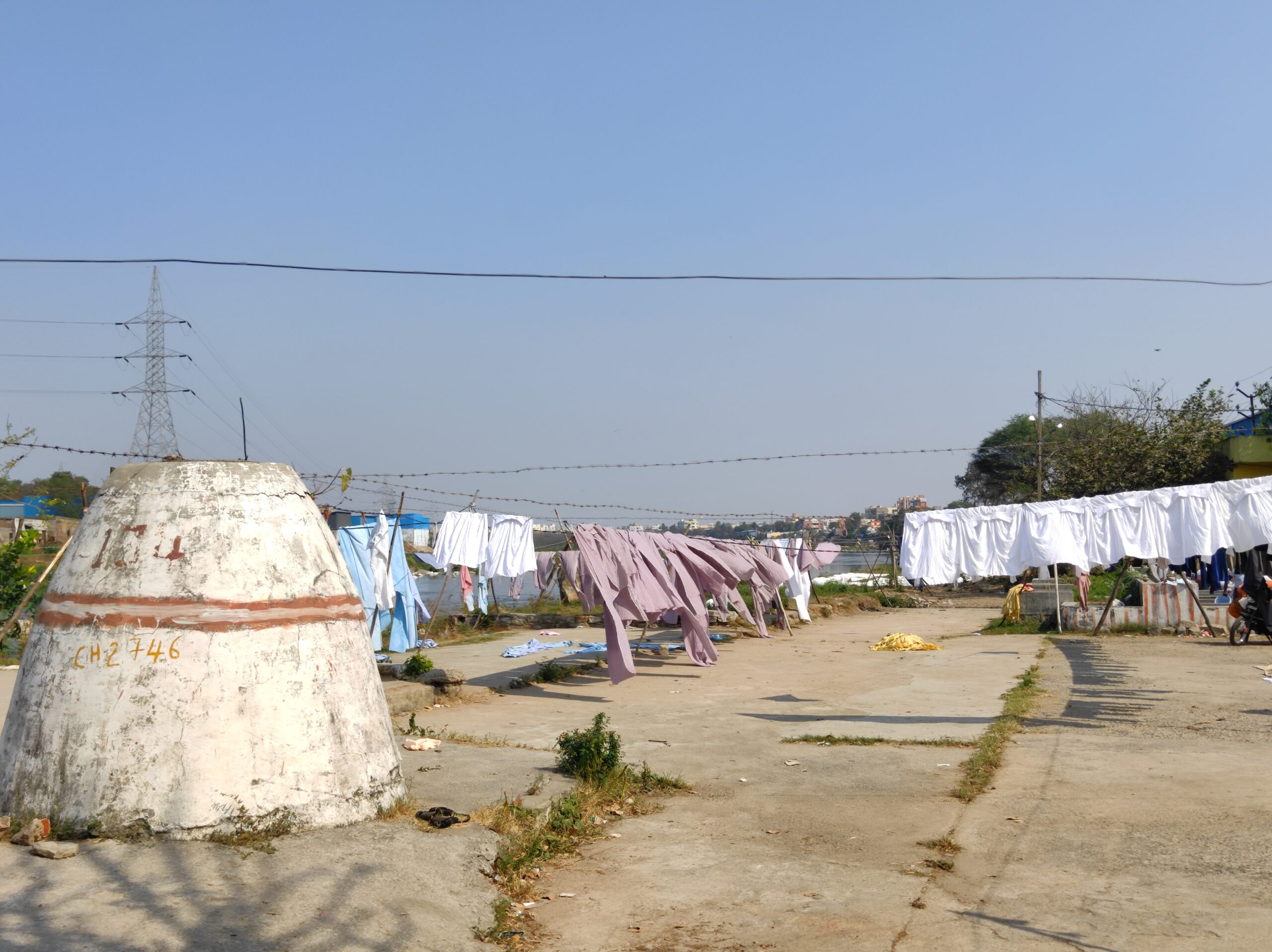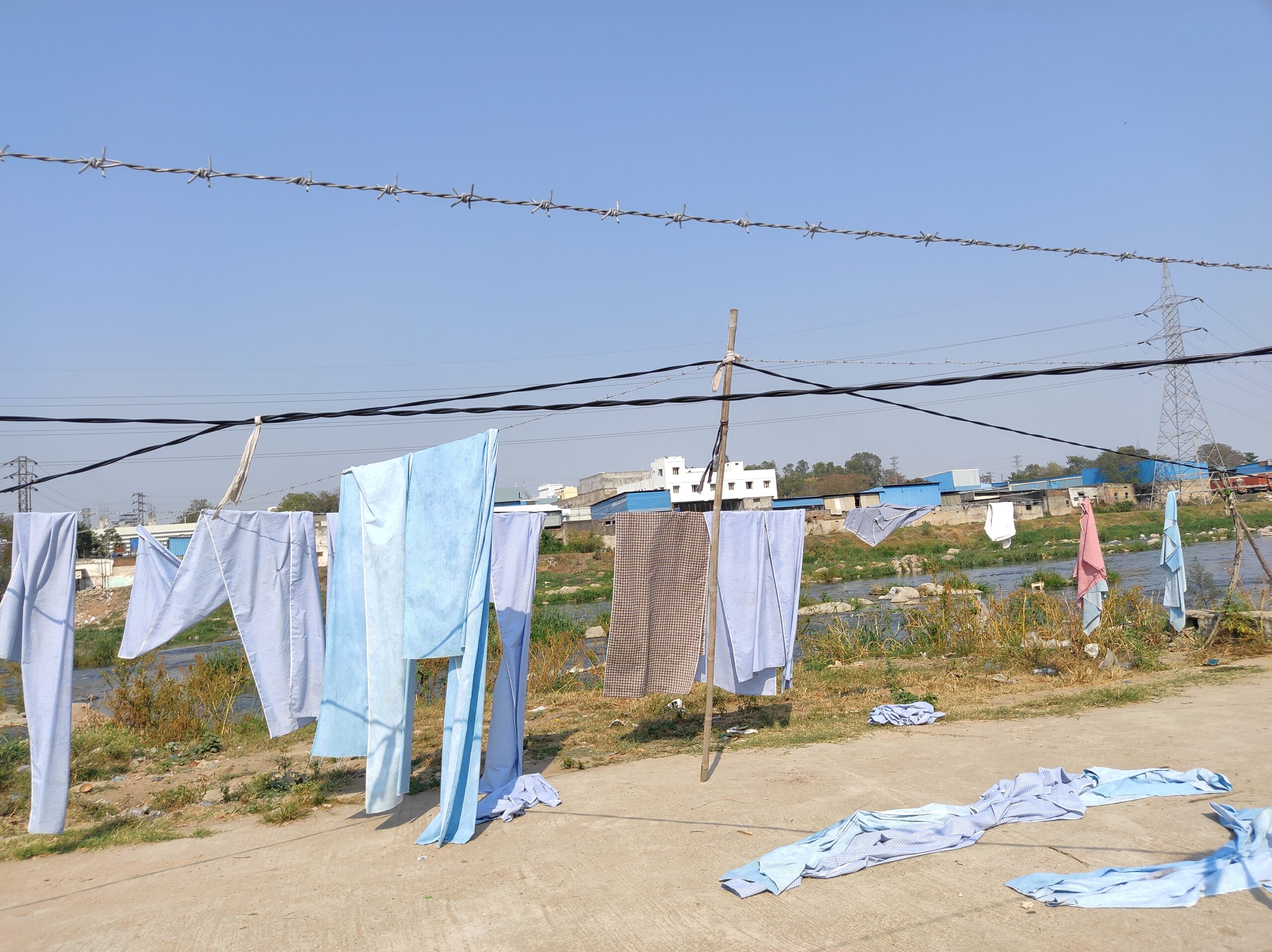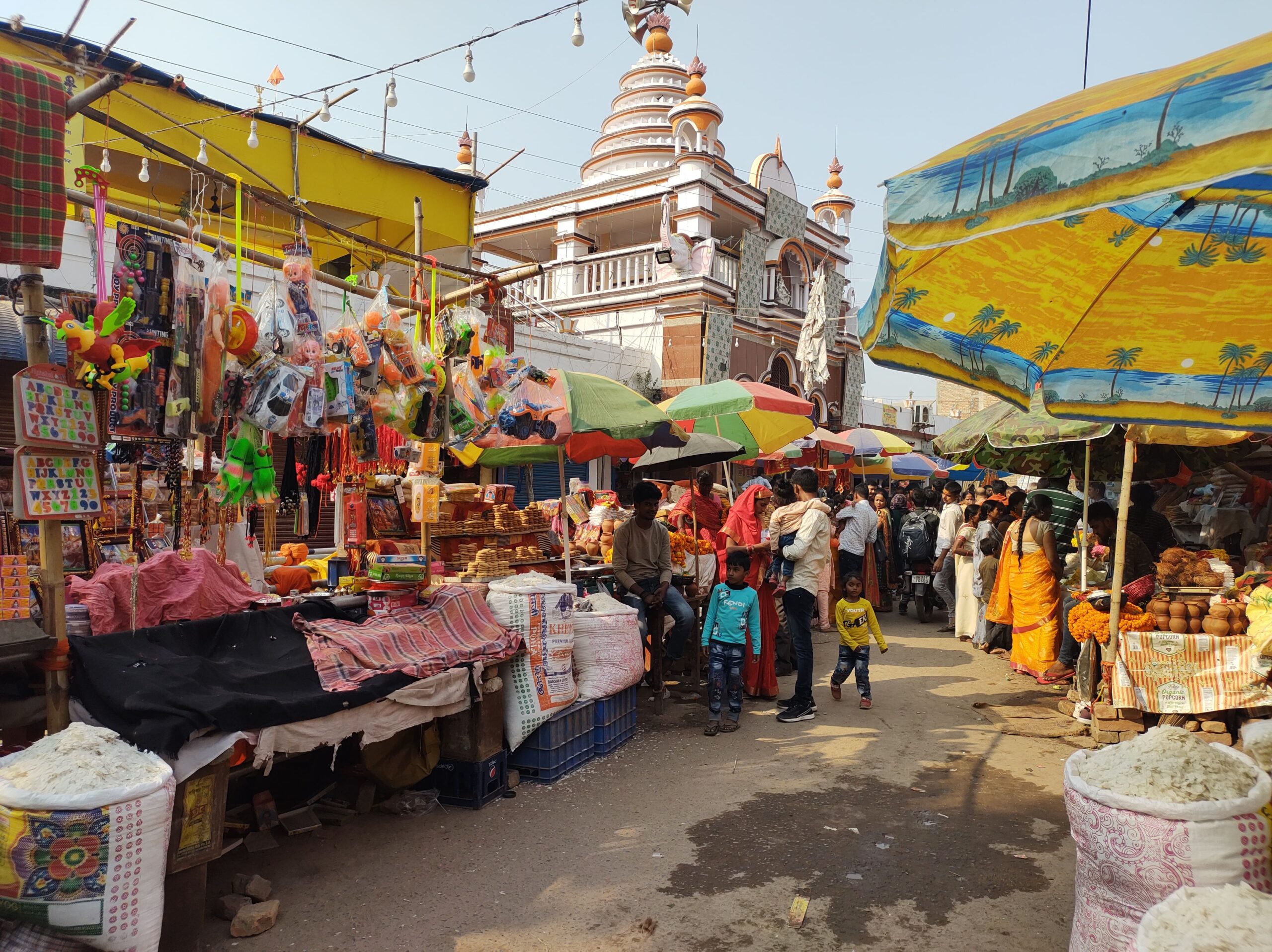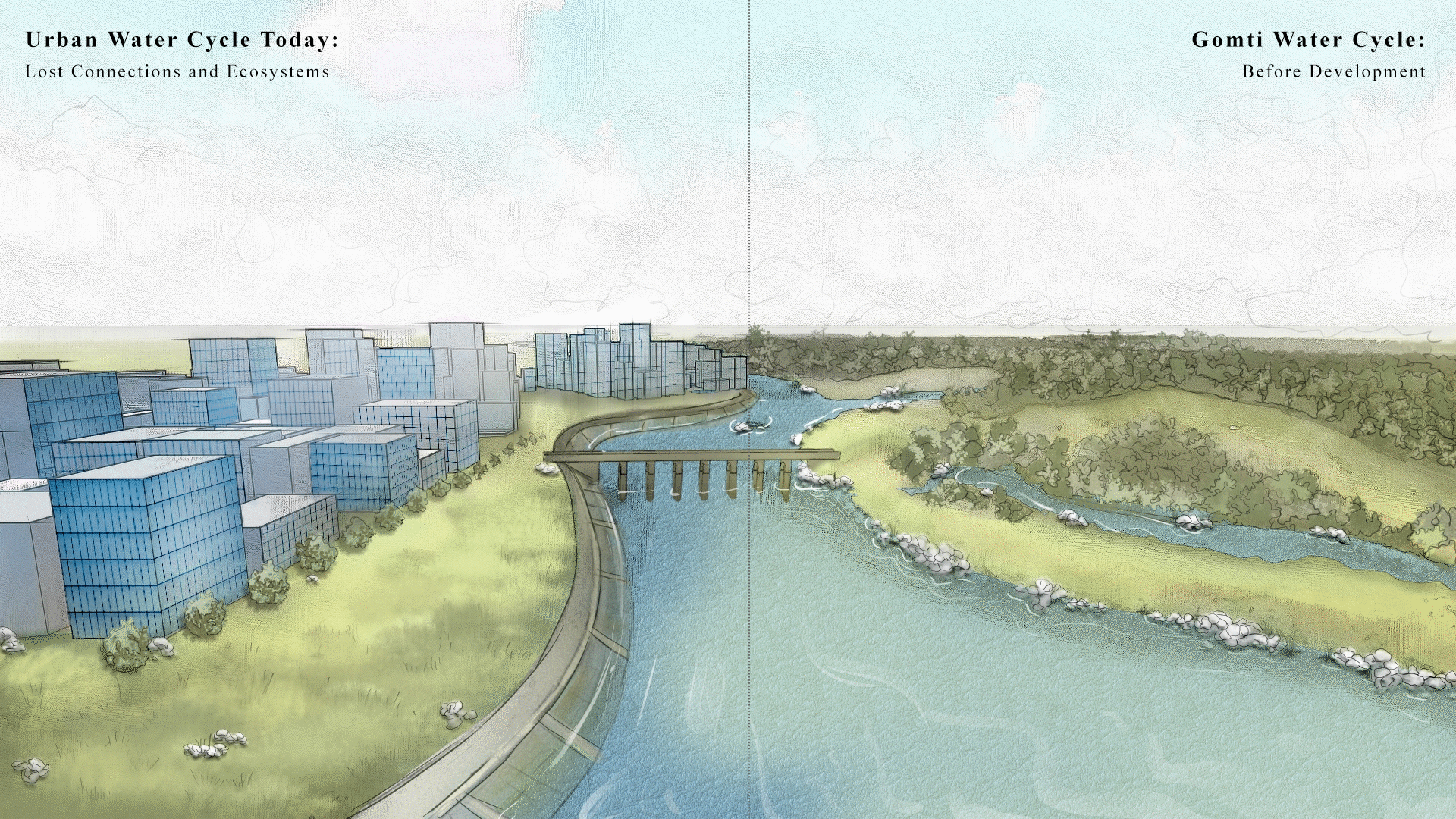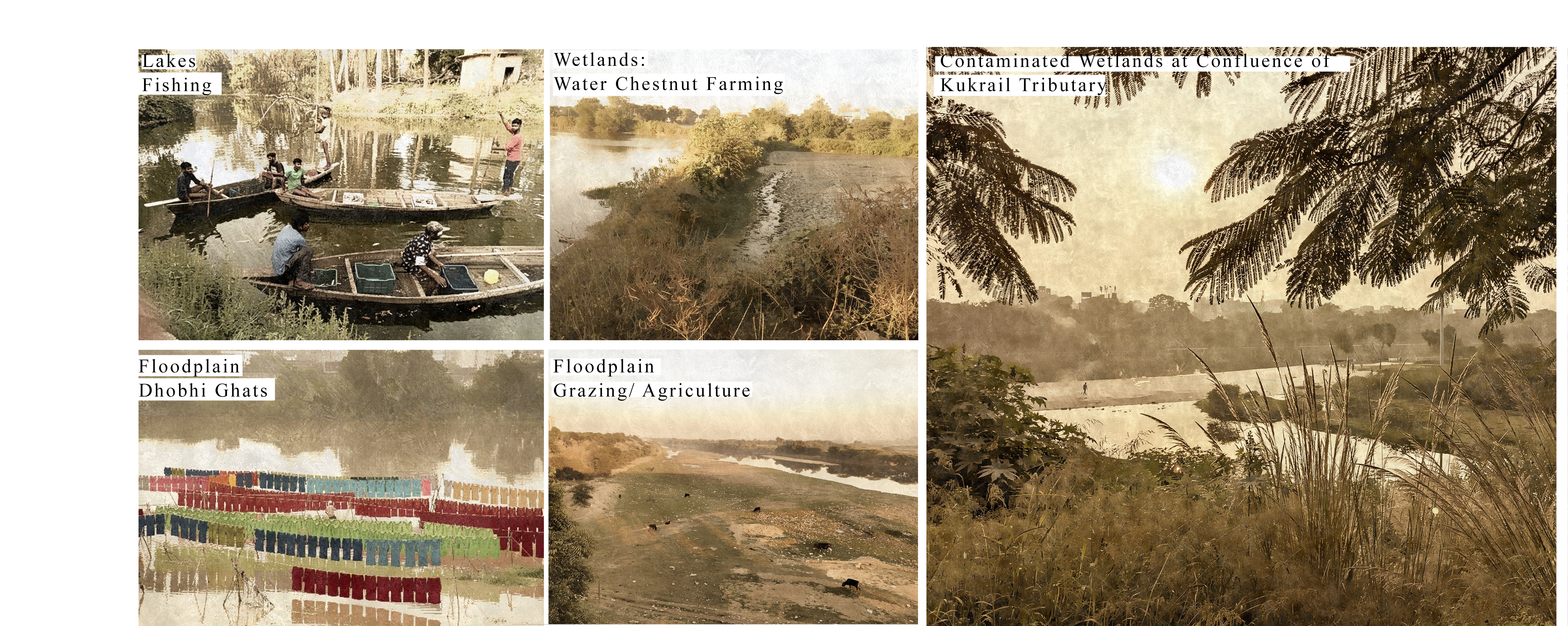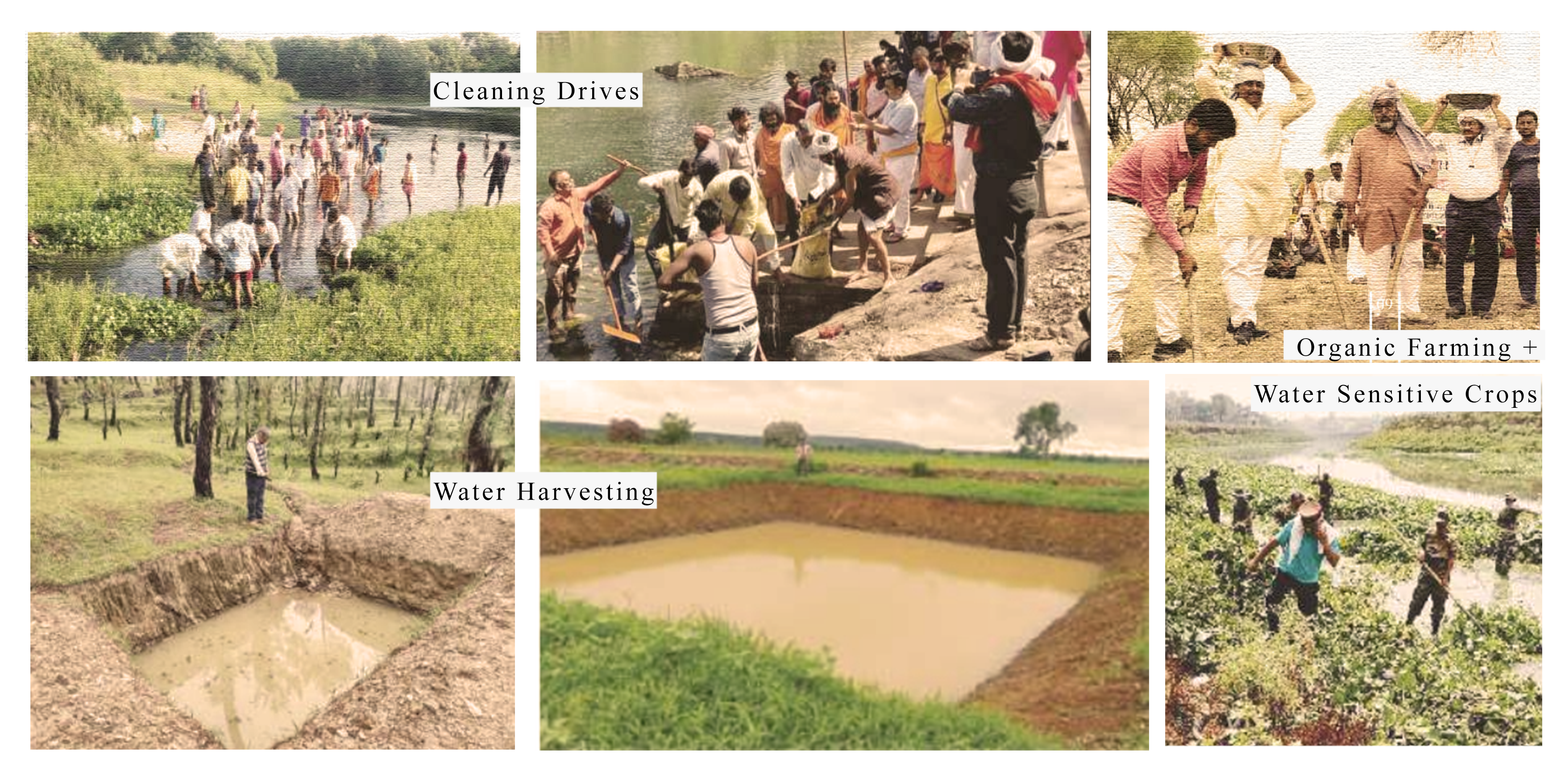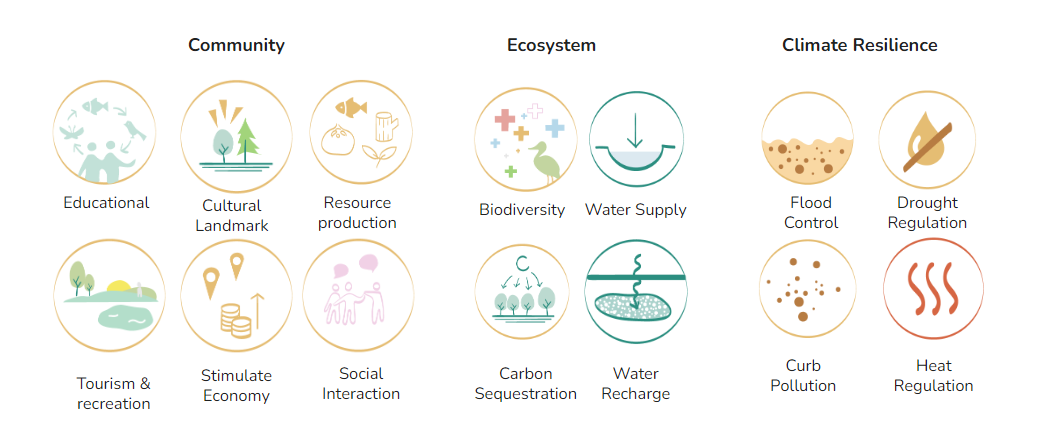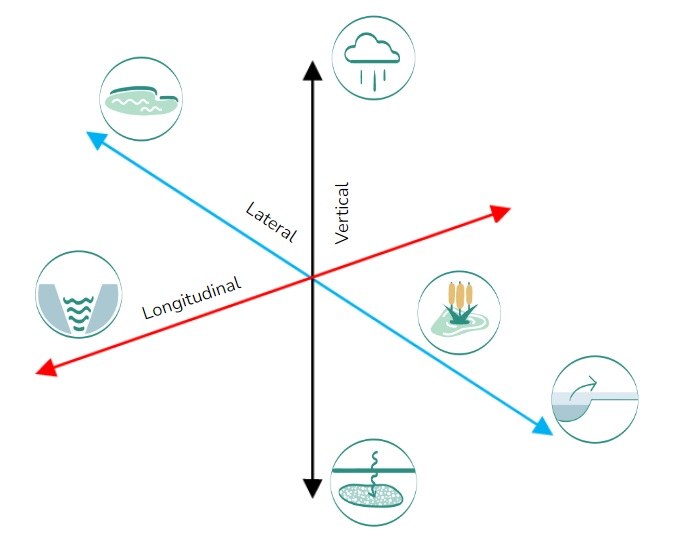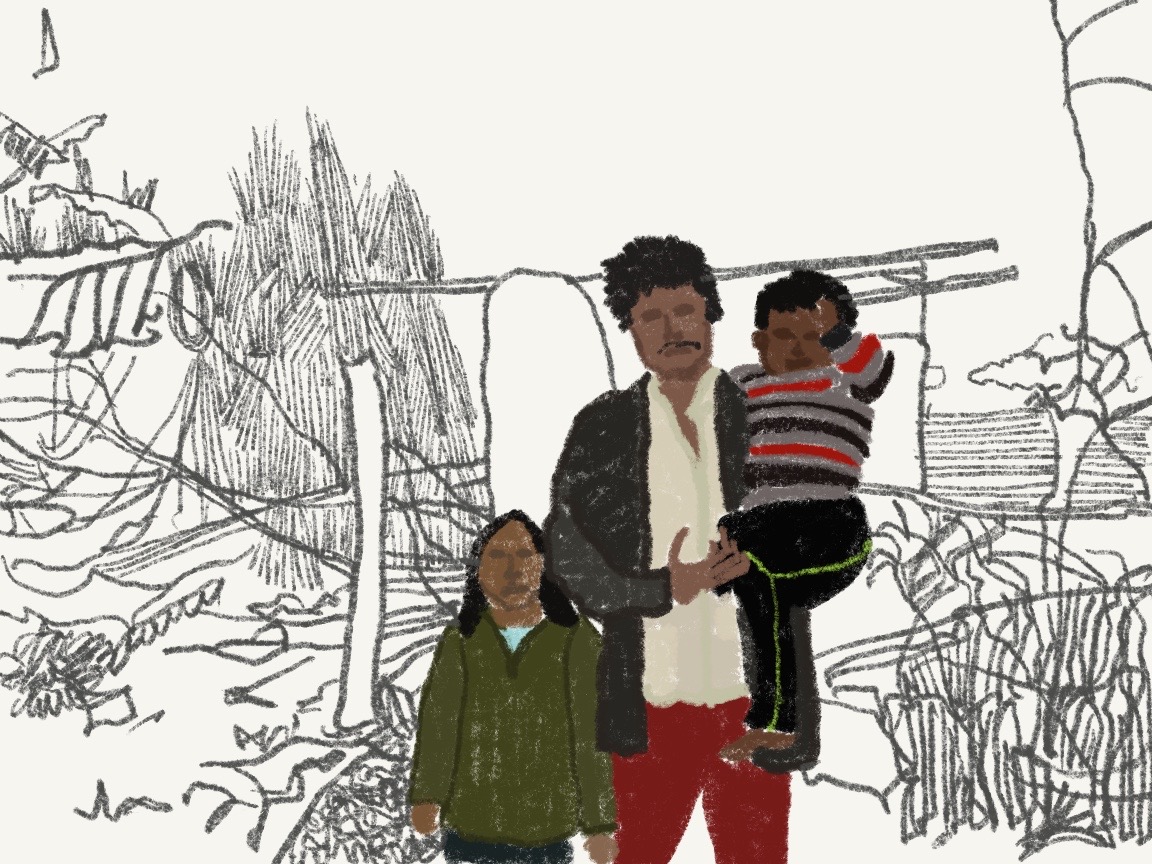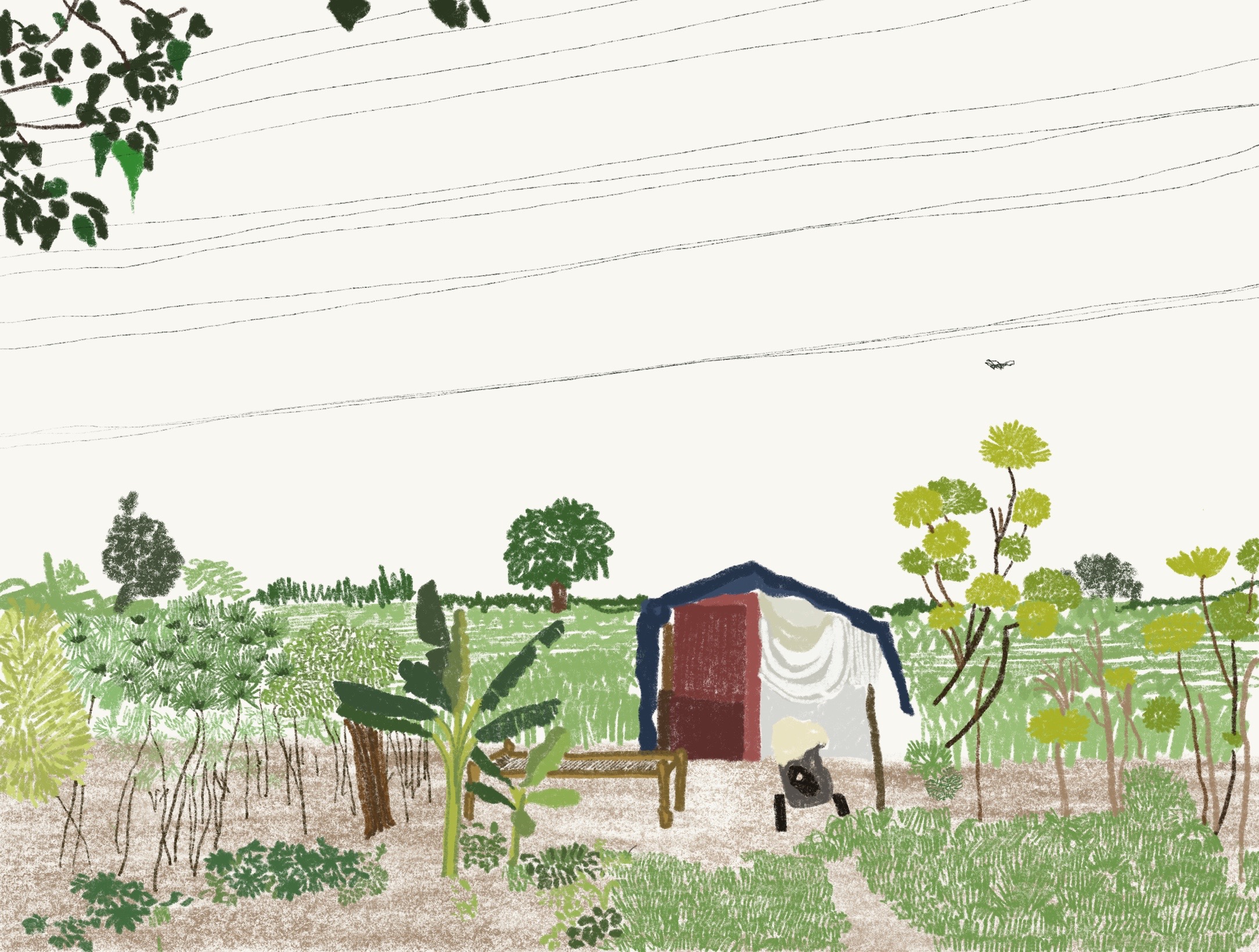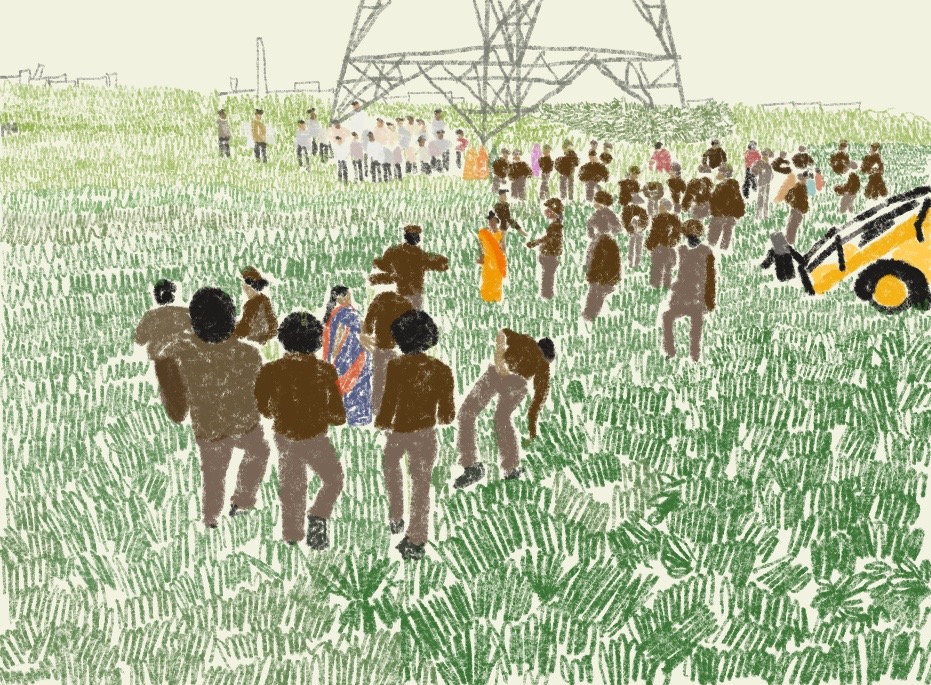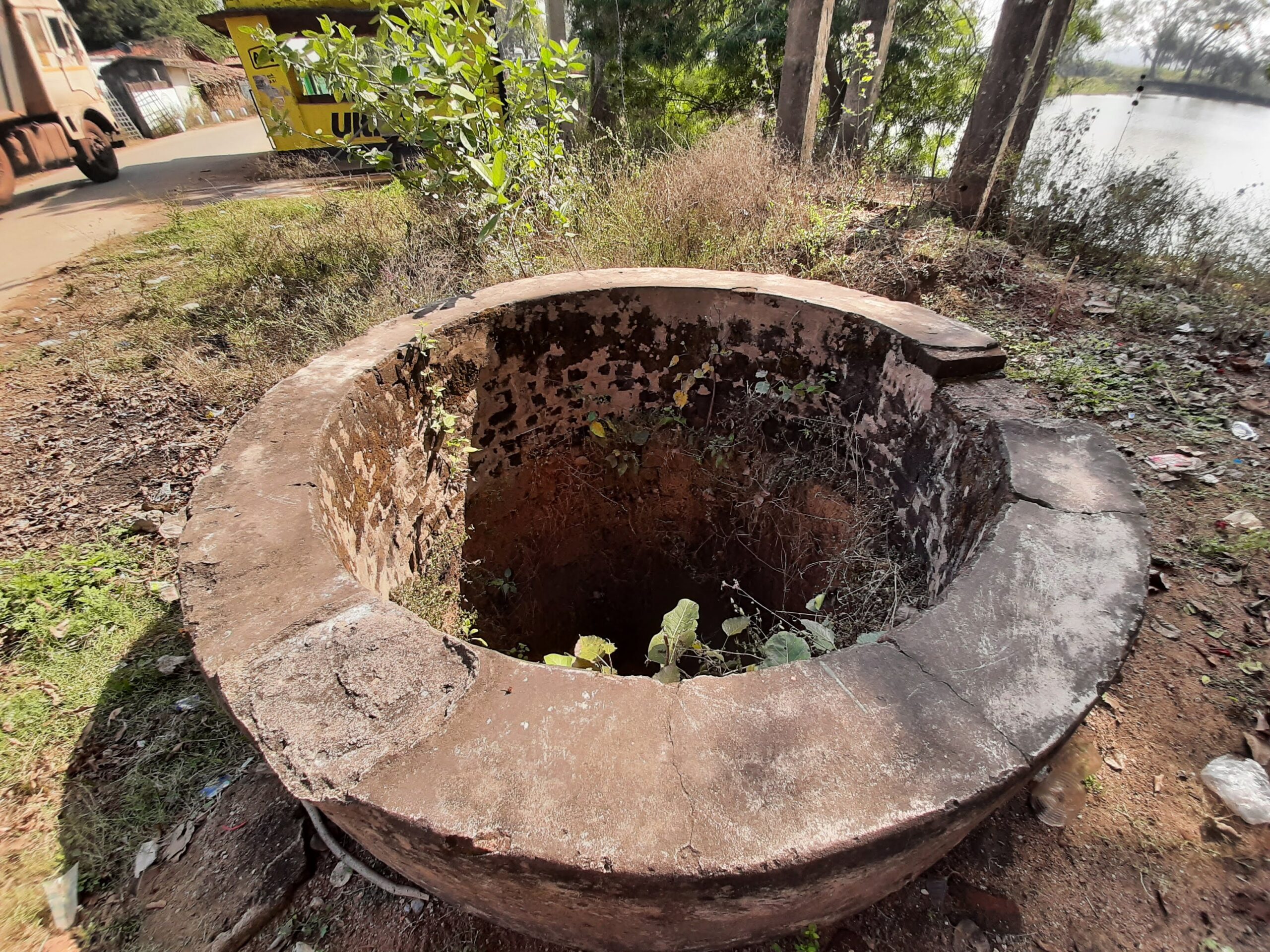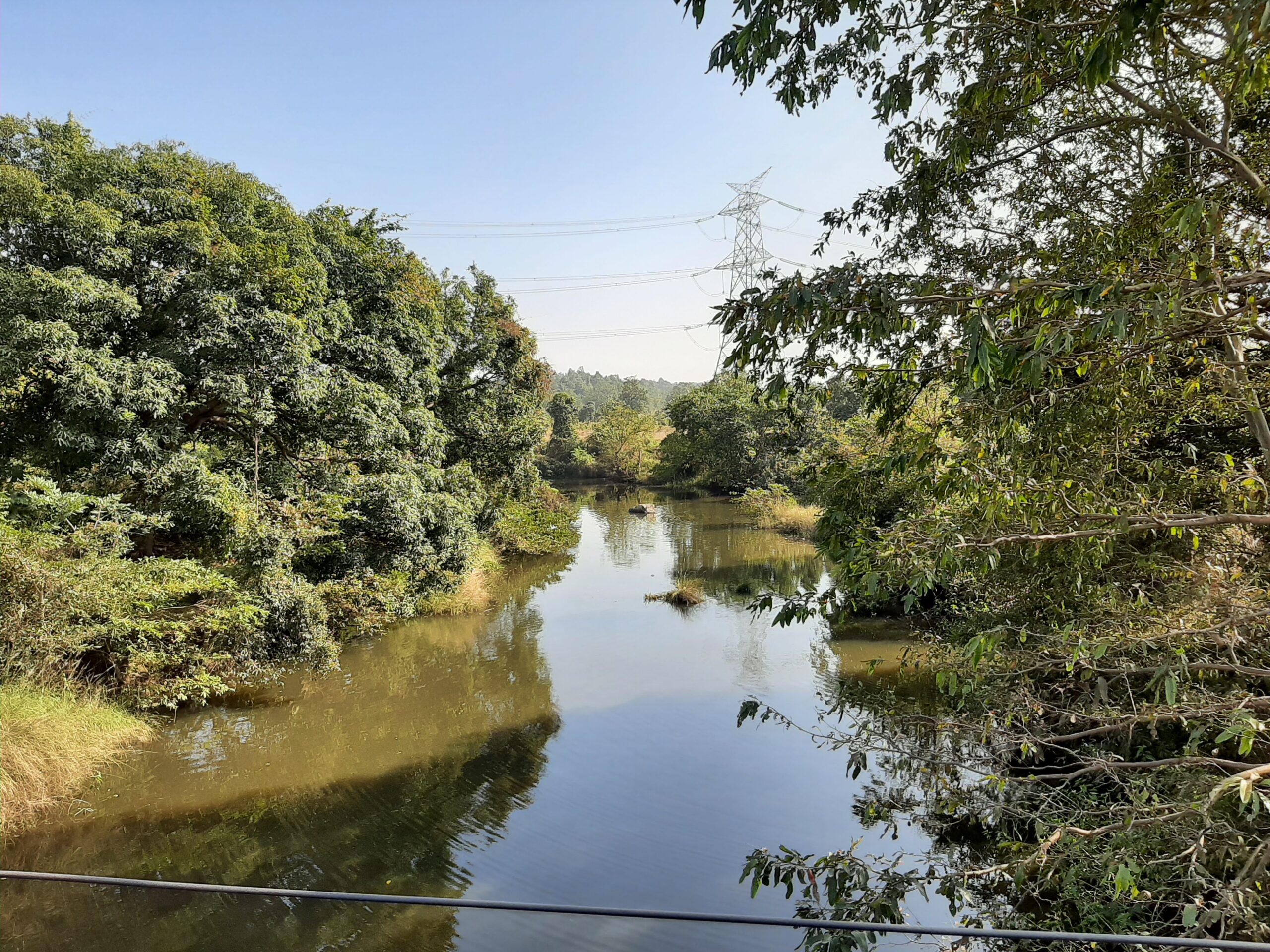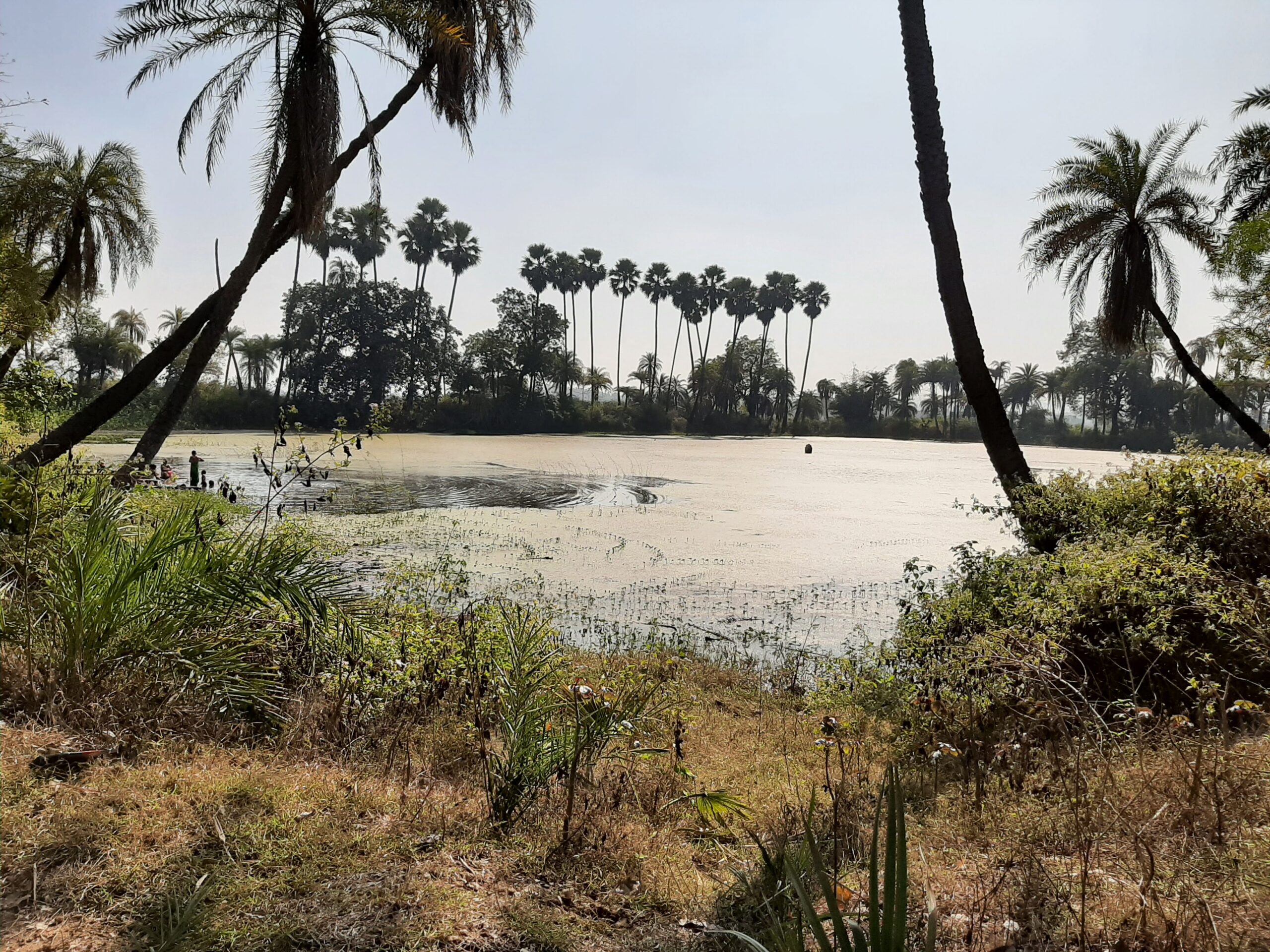
The Water Seekers' Fellowship 2022
Flowing Rivers, focuses on understanding the dynamics of river systems. The fellowship adopts an interdisciplinary lens to understand the policy implications of water distribution and management on national and global water, food security, energy, and livelihoods
By 2050, half of our population will be living in urban and peri-urban areas. This will put immense pressure on available water resources across the urban space, much of which has limited infrastructure for water management.
The Living Waters Museum, SPRF India and World Wide Fund for Nature-India invite young researchers interested in exploring urban waterscapes in India to apply for six short-term visual research-cum-policy-analysis fellowships.
Fellows
Vikalp Kumar
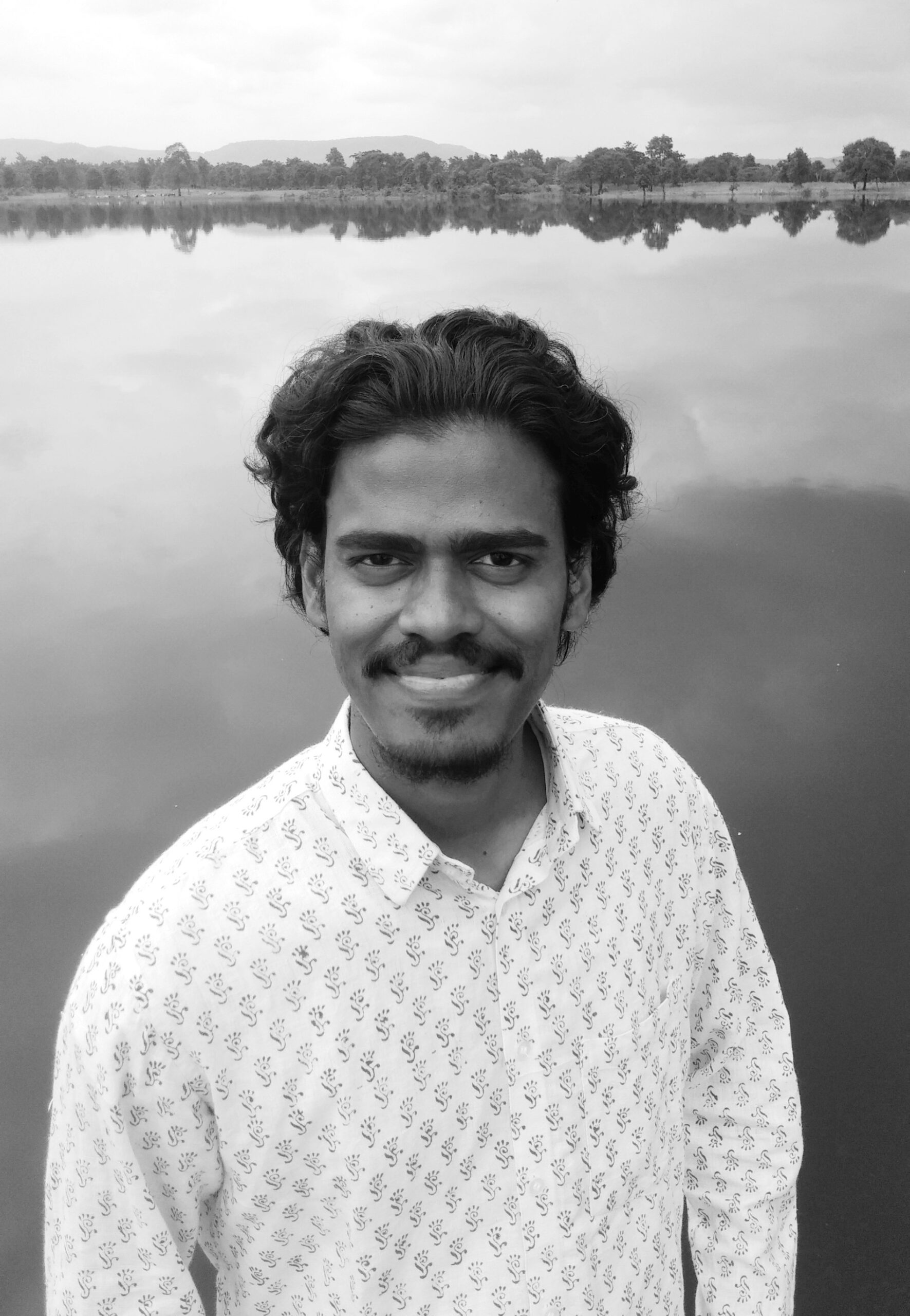
As a part of the Water Seekers’ Fellowship 2022, Vikalp’s project delves into the intertwined narratives of traditional knowledge and the environment within the Satpura hills. His project addresses the critical link between agriculture, land use, and water management in India, spotlighting subsistence practices in central India’s forested highlands. Highlighting the risks and challenges subsistence practitioners face, particularly traditional fisherfolk communities, Vikalp offers policy suggestions to mitigate water-related issues and promote sustainable water resource management, including supporting rainwater conservation methods, encouraging traditional farming, and involving local communities in decision-making. By urging a shift from viewing water as a commodity to recognising it as a life-giver for both humans and the ecosystem, this project hopes to pave the way for an equitable and sustainable future.
Ritika Singhal
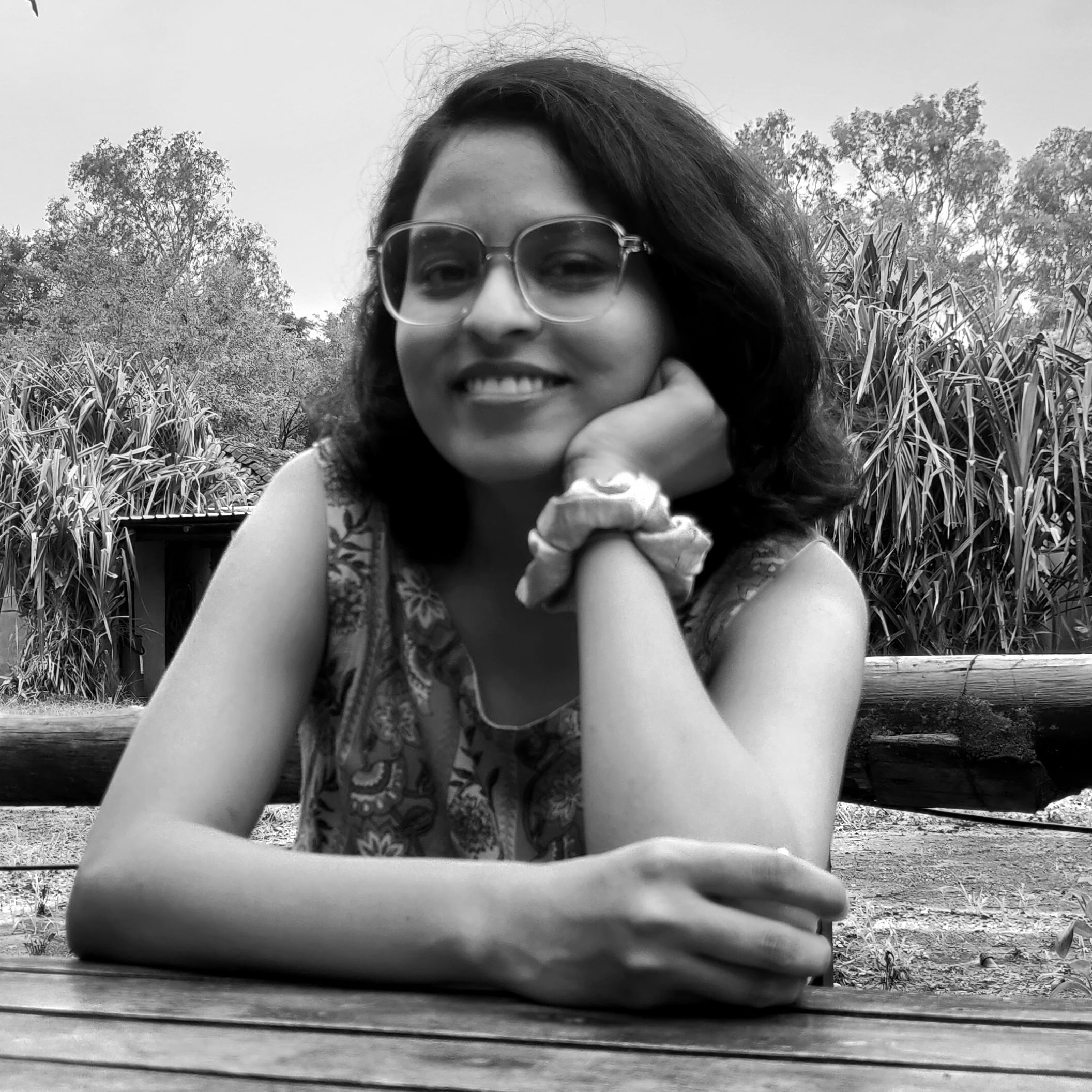
As a part of the Water Seekers’ Fellowship 2022, Ritika’s project focuses on exploring and documenting the cultural landscape surrounding the Saraswati River in the town of Siddhpur. Her study underscores the need for revitalising this historically significant river within the town. Ritika sheds light on critical gaps and overlooked aspects of river conservation, prompting a call for an investigation and policy interventions. Advocating for carefully designed, landscape-centric strategies, her research emphasises the impact that the revival of the Saraswati River could have on both the cultural fabric and ecological equilibrium of the town, envisioning a restoration of Siddhpur’s splendour.
P. Shalini
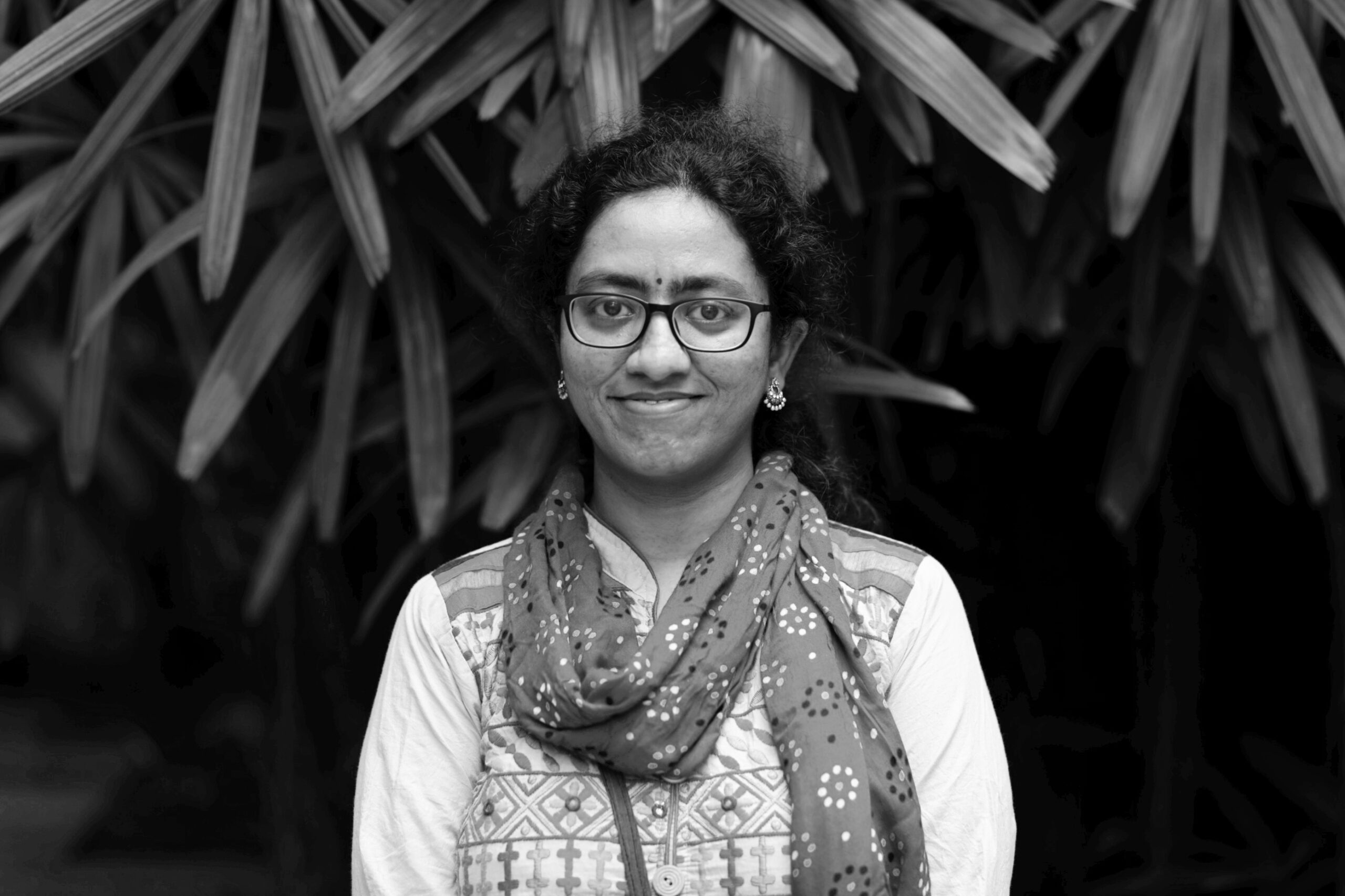
As a part of the Water Seekers’ Fellowship 2022, Shalini explores the intricate narrative of Hyderabad’s Musi River, deeply affected by swift urbanisation. Her project delves into the river’s ecology, cultural history, and significant impact on the city’s communities and ways of life. Shalini encapsulates the essence of two basthis, Moosa Nagar and Vaddera Basthi, situated along the river, reflecting the dynamic interplay of urban development and human settlements. Her project weaves together the evolving story of the river, closely intertwining aspects of development, urbanisation, and governance. Her project advocates for a unified Musi River Policy and provides strategic recommendations to restore and preserve this vital lifeline of Hyderabad and the many communities it supports.
Archana Sharma

Archana Sharma is a conservation architect with almost seven years of experience in architectural conservation. She has worked on heritage sites in Punjab, Srinagar, Mathura, and Rajasthan through her association with different organisations.
Her work sought to understand the Gandak River, considered one of Bihar’s most dynamic rivers. The project aims to develop a narrative highlighting the river’s journey from its source to its destination, looking at historic settlements and sites that have a strong association with the river. Broadly, the work focuses on comprehending the evolving relationship of cultural heritage sites with respect to riverscapes.
Mitali Kumar

As part of the Water Seekers’ Fellowship 2022, Mitali’s project uncovers optimal riverfront design solutions for the Indian context, benefiting both communities and river ecosystems. Focusing on the Gomti Riverfront Park in Lucknow, her project re-envisions it through a Nature-Centric Sustainable Development Approach. Proposing measures for catchment-centric planning, responsible resource use, pollution prevention at its source, and the promotion of environmental stewardship, Mitali advocates for sustainable management, identifying gaps in existing policies and promoting a shift towards holistic, nature-based designs. Her project further proposes essential recommendations, highlighting the integration of nature-based solutions to align with Sustainable Development Goals and bolster disaster risk management, ensuring Gomti River’s long-term vitality and harmony with its surroundings.
Tushar Kanoi

As a part of the Water Seekers Fellowship 2022, Tushar’s project delves into the Yamuna floodplains of Delhi, focusing on generations of farmers facing precarity due to the Yamuna Riverfront Development Plan. He emphasises the need for equitable urban development by understanding land use, pollution factors, and the vulnerability of floodplain inhabitants. Tushar further highlights the adverse repercussions of a top-down approach and instead advocates for reevaluating policies and urging integration of stakeholder experiences, especially those of marginalised communities living by the river. The project proposes policy pathways through which the Yamuna Riverfront Development Project can symbolise fair urban progress in Delhi by prioritising dialogue, environmental awareness, and inclusivity.
Tushar is an architect by training and his work largely revolves around urban development, planning and policy. He is particularly interested in the ‘Housing and Land Rights’ situation in India, and to this end is also working with Mahila Housing SEWA Trust. He moonlights as a printmaker and writer and has been exhibited across various platforms.
Shreya Singh

As a part of the Water Seekers’ Fellowship 2022, Shreya’s project addresses river fragmentation and siltation issues, specifically concerning the Mahanadi River. Proposing effective solutions with a key focus on the Hirakud Dam, her project underscores the importance of a proactive approach to water resource management, emphasising the critical need for sustainable and equitable utilisation of this vital resource, both for the present and future generations. She further emphasises the importance of devising a sustainable landscape management plan to restore rivers impacted by dam constructions, ensuring sustainable and fair use of water resources.
WSF ARCHIVE
The Water Seekers' Fellowship 2021

